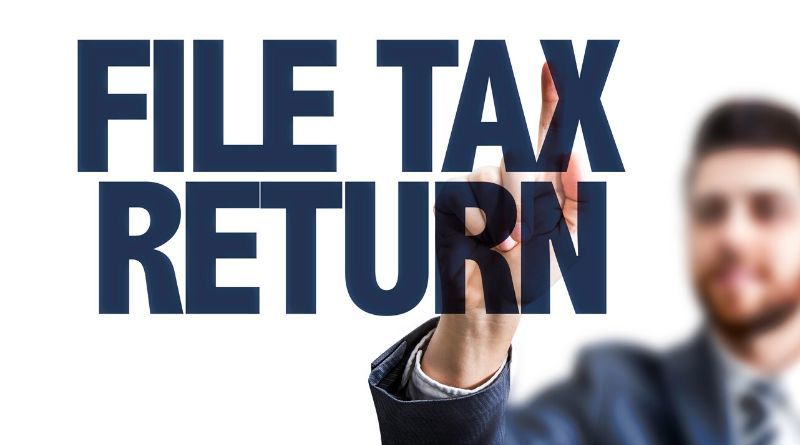Are Tax Investigations On Hold?
May 12, 2020
Tax investigators are used by HMRC to increase the overall tax take from individuals by seeking to discover income that should have been taxed but which was not.
In the period from the start of the UK wide lockdown caused by Covid 19 and the implementation of the suite of measures developed by the Chancellor of the Exchequer, Rishi Sunak, in particular the Coronavirus Job Retention Scheme (‘CJRS’), there was a unique short term shift in the emphasis of the role of HMRC, from a collector of taxes to a payer of grants.
So, in that period, the obvious question is where did all of the investigators go?
The answer is simple, they were reassigned to assist with the necessary fraud checks required following the introduction of the CJRS scheme.
What about ongoing investigations?
As a large firm of tax investigation specialists, representing the interests of individuals either involved in enquires or disputes with HMRC, or assisting them in making appropriate voluntary disclosures, utilising various different disclosure facilities we saw a number of matters which we were working on, at the time the lockdown occurred, effectively put on hold by HMRC.
What we are seeing now, however, is that very quietly and without fanfare, previously reallocated staff are finding themselves sent back to their previous investigation roles to recommence work on the cases that were put on hold.
It is certainly not going to be the case that previously opened investigations are simply closed and not run to their completion.
Have these investigators stopped working on the CJRS?
Until the advent of the CJRS, very few people outside of the military knew what the word furlough meant, never mind used the word in normal conversation.
This changed overnight when the Chancellor announced that, subject to complying with the rules of scheme (which have changed on a periodic basis), it would be possible for any business in the country to furlough their staff, with the responsibility for paying them shifting to the government for the period that they were furloughed, subject to an 80% cap and a £2,500 limit.
The fact that, from the inception of the scheme, the government opted to reallocate HMRC’s tax investigation resource to the CJRS project is proof itself that it took the potential for fraud in the furlough grant scheme very seriously and ensured that appropriate resource was brought to bear to minimise leakage.
This was clearly a prudent move. It is the case that, already, there have been thousands of calls to the furlough grant whistleblowing lines with a range of different allegations, ranging from fictitious employees to, perhaps the harder to prove employees who have been furloughed but then forced to work.
It is no doubt the case that all of these allegations will followed up and, indeed, other more extensive enquiries made into businesses’ utilisation of the CJRS, over the months following the end date of the scheme, which is currently 31 October. The scheme will end up costing the country a huge amount of money and HMRC will want to ensure that only legitimate claimants have benefited from it.
What is the future of tax investigations?
It is easy to see from the above that, as the furlough grant scheme starts to wind down, HMRC will devote an element of its tax investigation resource into investigating the veracity of claims made through that scheme. The obvious question is where will that leave other investigations?
It is a matter of conjecture what the government’s tax investigation strategy will be in the future as it seeks to balance the books following the extreme cost of the current measures but it is a fair to say that a good bet would be it will include doubling down on perceived historic evasion from a whole host of different sources.
If the tax take from the hidden economy can be optimised then that represents an element of repayment that does not have to be obtained through taxation.
We have considerable expertise in advising individuals and businesses through tax investigations and voluntary tax disclosures to HMRC.
If you feel you may be contacted by HMRC about your tax affairs in the future, talk to us now.
Contact us in confidence on 0113 387 5670 or fill out an Enquiry Form
and we will contact you directly.
Let Property Campaign - Rental Tax Disclosure Case Study.We assist individuals in making disclosures of unpaid tax to HMRC and in investigations by HMRC. Call us on 0113 387 5670
Worldwide Disclosure Facility - Offshore Disclosure Case Study.We assist individuals in making disclosures of unpaid tax to HMRC and in investigations by HMRC. Call us on 0113 387 5670
Is Overseas Income Taxable?.We assist individuals in making disclosures of unpaid tax to HMRC and in investigations by HMRC. Call us on 0113 387 5670
How Far Back Can A Tax Investigation Go?.We assist individuals in making disclosures of unpaid tax to HMRC and in investigations by HMRC. Call us on 0113 387 5670
Are HMRC Manuals Always Right?.We assist individuals in making disclosures of unpaid tax to HMRC and in investigations by HMRC. Call us on 0113 387 5670
What is a Tax Investigation?.We assist individuals in making disclosures of unpaid tax to HMRC and in investigations by HMRC. Call us on 0113 387 5670
Furlough Fraud - Is There Such A Thing?.We assist individuals in making disclosures of unpaid tax to HMRC and in investigations by HMRC. Call us on 0113 387 5670
Voluntary Tax Disclosure - Now Is The Time.We assist individuals in making disclosures of unpaid tax to HMRC and in investigations by HMRC. Call us on 0113 387 5670


